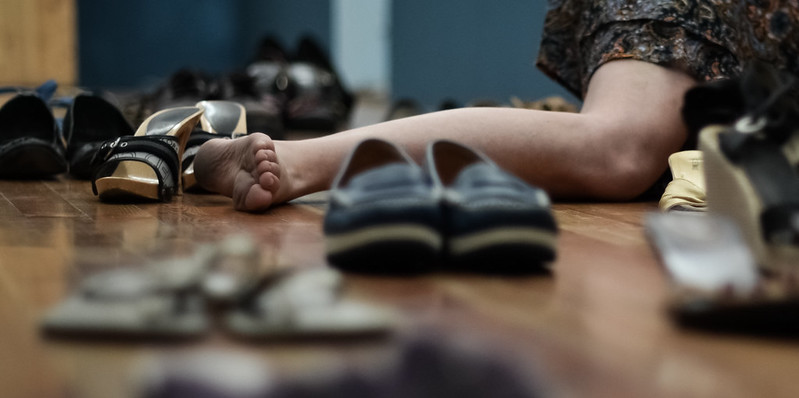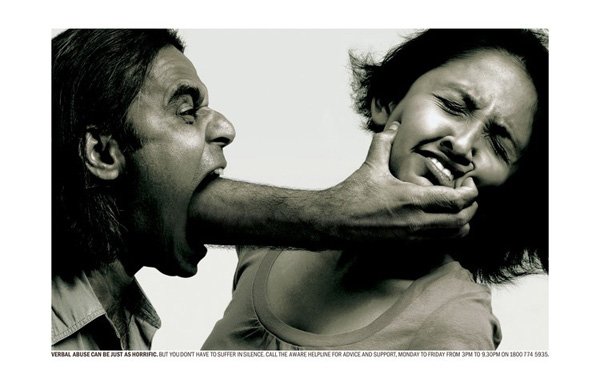SHARES

“I can’t even have privacy in the bathroom! There is no escape and all I can do is to endure.” Ana, 28, struggles with domestic abuse during COVID-19 lockdown.
Indeed, many vulnerable people such as women, children, the sick and the elderly find themselves helpless in face of domestic abuse. This only gets worse when they have no where to go but to stay with the abuser because of movement restriction during COVID-19. For many people at risk of domestic violence, the threat looms largest where they should feel safest – at their own home.
Domestic Abuse On the Rise During COVID-19
Every community is already too familiar with this age old problem. As a matter of fact, reports on domestic violence frequently peak during summer vacations and during Christmas holidays. As families land up together all the time, this increases the risk for domestic violence. The matter only gets worse during COVID-19 lockdown when families are forced to stay together, trapped in the same living space, all the time. The likelihood for conflict is so much higher when people have to adjust to one another’s differing needs and views in so short a period of time, within the confinement of space.
As such, domestic abuse helplines in Singapore and Cyprus register more than 30% increase in calls during COVID-19 pandemic. In New South Wales, 40% of frontline workers report on higher rate of domestic violence since lockdown. Similarly, cases of domestic violence in France rise by at least 30%. In Argentina, calls requesting for help due to domestic violence is 25% higher during this pandemic.
Perpetrators Reinvent Exploitation During Lockdown
On top of physical violence, which is not always the case for every abusive relationship, domestic abuse can take on multiple forms. Many women and children face sexual abuse and harassment. This is also true for married women who may be coerced into marital rape.
In addition, other common types of domestic abuse include verbal, emotional as well as neglect maltreatment. For instance, the perpetrator may restrict victims’ access to basic necessities such as food, clothing, and sanitary facilities at home. The victim can feel especially vulnerable if they face threats of being thrown out of the home or sent to old folks home. The threat becomes even more fearful especially for seniors, as they are particularly at risk of severe COVID-19.
Besides, to make the matter worse, domestic abuser can easily cut off the victims’ outreach to friends, family, colleagues and institutional support during lockdown. They may be put under constant surveillance with strict rules to follow, as if they were being kidnapped.
Shattered Institutional Support Amidst COVID-19 Pandemic
The pandemic lockdown disrupts many domestic abuse support networks, making it even harder for victims to get help and protection. As a result, some domestic violence victims are unable to get help because of over stretching of the police force during the pandemic. In China, there are cases of domestic violence victims who are unable to find any immediate shelter but compelled to stay with the abuser for weeks. Even their divorce proceedings are on hold and postponed due to COVID-19.
In Europe, as countries enforce lockdown, domestic violence reports begin to rise. Even existing shelters for home abuse victims have to close down due to the high risk of infection. This leaves many desperate victims to swallow their distress, which in turn, empower their abuser further. Among other emergency efforts, the government of Spain and France have resorted to turning hotel rooms into shelters for the victims.
Conclusion
As the danger of COVID-19 spreads across the world, one country after another resorts to emergency lockdown, making the threat of domestic violence ever greater. Even though many agencies, communities, governments and families struggle to cope with such abrupt changes, help is available and there is still hope. Lend a helping hand to those who at risk of domestic abuse in your neighbourhood.
References:
1. Department of Global Communications. UN supporting ‘trapped’ domestic violence victims during COVID-19 pandemic [Internet]. United Nations. 2020. (Available from: https://www.un.org/en/coronavirus/un-supporting-%E2%80%98trapped%E2%80%99-domestic-violence-victims-during-covid-19-pandemic; last updated on 2020 June 12; last accessed on 2020 Sept 18)
2. Taub A. A new COVID-19 crisis: domestic abuse rises worldwide [Internet]. The New York Times Company. 2020. (Available from: https://www.nytimes.com/2020/04/06/world/coronavirus-domestic-violence.html; last updated on 2020 Apr 6; last accessed on 2020 Sept 18)
Find a GP/Family Doctor in Malaysia, on GetDoc
Find a GP/Family Doctor in Singapore, on GetDoc
by Chang Xian
View all articles by Chang Xian.







